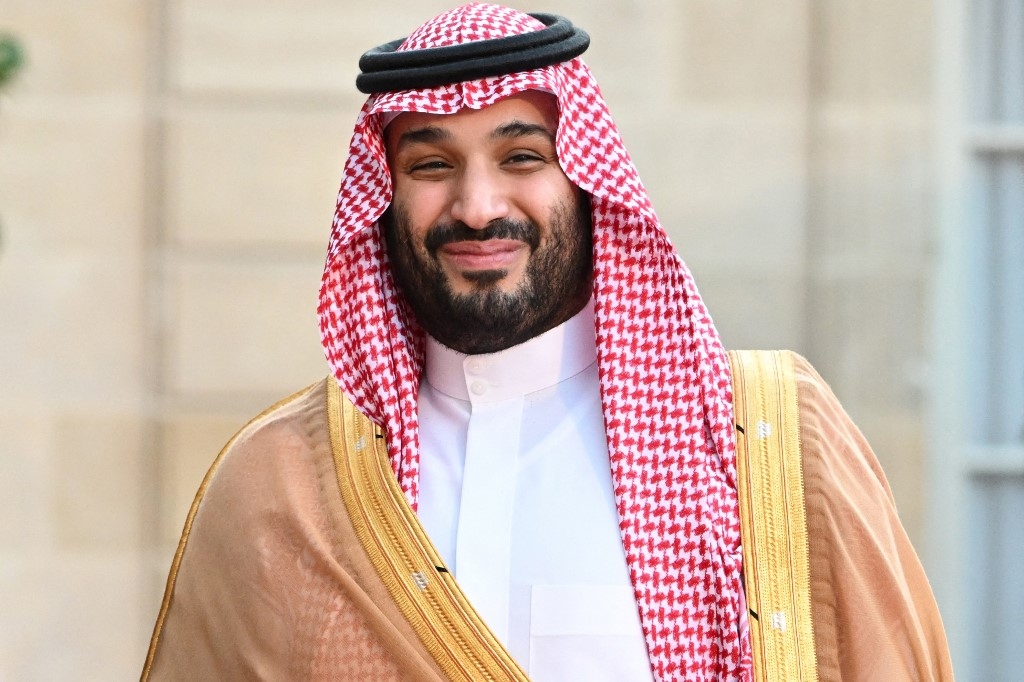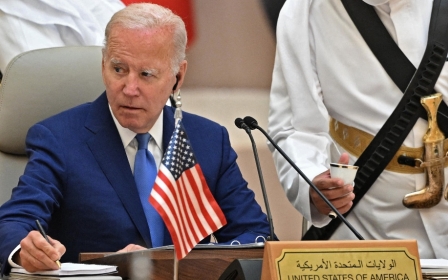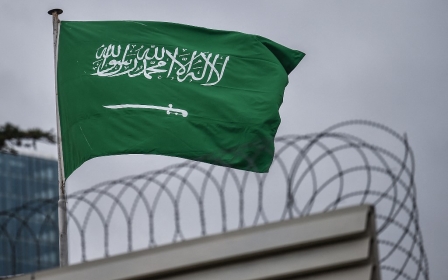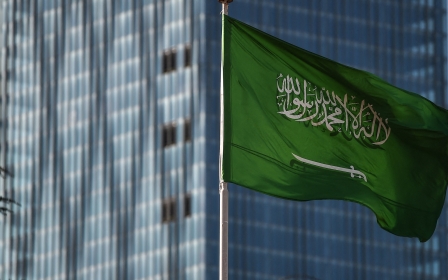US universities accepted millions of dollars from Saudi Arabia after Khashoggi murder

Saudi Arabia gifted close to $270m to 144 American universities in 2019, and a total of $440m since the death of Jamal Khashoggi, and these numbers do not include funds yet to be paid out.
“These figures don’t take into account contracts that started after Khashoggi’s murder but have not been paid out, a gargantuan figure that totals nearly $700m,” Responsible Statecraft, which analysed the data from the Department of Education, reported.
Jamal Khashoggi, a Middle East Eye and Washington Post columnist, was murdered in the Saudi consulate in Istanbul on 2 October 2018.
'US universities should not be taking dollars from brutal dictators'
- Sunjeev Bery, Freedom Forward
“These figures reveal that once the spotlight of Khashoggi’s murder had moved on, university administrators quietly continued taking the kingdom’s checks.”
The top university on the list is the University of Toledo, which was gifted $23,263,343 from October 2018 to now. Then comes George Washington University, which was gifted $19,033,137. Third place goes to the Massachusetts Institute of Technology (MIT), which was gifted a total of $16,885,405.
New MEE newsletter: Jerusalem Dispatch
Sign up to get the latest insights and analysis on Israel-Palestine, alongside Turkey Unpacked and other MEE newsletters
Middle East Eye reached out to all of the top 20 universities on the list, but only two responded in time for publication.
The list includes: University of Toledo; George Washington University; Massachusetts Institute of Technology; California State University, East Bay; Oregon State University; The Catholic University of America; Boston University; Florida Institute of Technology; West Virginia University; Western Michigan University; University of New Haven; University of Colorado Boulder; University of Delaware; Northeastern University; Alfred University; California State University, Fresno; Eastern Washington University; Oklahoma State University; George Mason Unversity; and New York Institute of Technology.
"The Saudi Arabian Cultural Mission provides tuition scholarships for students studying abroad, including many universities in the United States, including Catholic University. That's what the funds are, which are reported by the University," a spokesperson at the Catholic University of America told MEE.
The Catholic University of America received $15,118,320 from the kingdom from 2018 to now.
A spokesperson for the New York Institute of Technology, which received $6,497,497 from Saudi Arabia, told MEE: "The Saudi payments are from the Saudi government for student scholarships for Saudi students studying at New York Institute of Technology in New York. The funding covers tuition and fees for the students. New York Institute of Technology does not have an agreement with any universities there."
According to Sunjeev Bery, the executive director at Freedom Forward, a US-based human rights group, there is no reason why universities should be accepting money from Saudi Arabia.
“US universities should not be taking dollars from brutal dictators. The monarchies that ruled Saudi Arabia and the United Arab Emirates work overtime to block freedom within their borders and undermine the possibility of democracy across the Middle East and North Africa," he told MEE.
“Any US university that currently takes dictator dollars must as a first step publicise the underlying agreements and contracts, instead of keeping these deals in the shadows. Students and parents have a right to know whether the universities they are funding are tied to brutal dictatorships.”
MIT’s relationship with Saudi Arabia
According to Responsible Statecraft, MIT was one of the universities that had given a second thought to its association with the kingdom. Saudi Crown Prince Mohammed bin Salman had visited MIT before Khashoggi’s murder and was met with protests for Saudi Arabia's involvement in Yemen.
In response to the killing, MIT launched a formal review of its partnership with Saudi Arabia. But after the inquiry came out a few months later, nothing changed.
“I know many of you find the behaviour of the Saudi regime so horrifying that you believe MIT should immediately sever all ties with any Saudi government entities. I share the sense of horror, and I have great respect for that point of view,” MIT president, L Rafael Reif, said in a statement in 2019.
“However, my experience leads me to see our Saudi engagements differently, and therefore to believe that cutting off these longstanding faculty-led relationships abruptly in midstream is not the best course of action.”
MIT did not respond to MEE’s request for comment in time for publication.
According to a report by the New York Times Magazine, the benefits to Saudi Arabia from partnering with these universities are clear.
“The kingdom gets access to the brain trust of America’s top academic institutions as it endeavours to modernise its economy,” the Times reported. “Perhaps as important, the entree to schools like MIT serves to soften the kingdom’s image. Saudi Arabia is an absolute monarchy, hostile to women’s and LGBTQ rights and without protections for a free press or open expression, but its associations beyond its borders can make it seem almost like an honourary Western nation.”
“Another way to view the Saudi relationship with American universities is as a form of branding; its recent moves to sponsor prominent sporting events serve the same purpose.”
Middle East Eye delivers independent and unrivalled coverage and analysis of the Middle East, North Africa and beyond. To learn more about republishing this content and the associated fees, please fill out this form. More about MEE can be found here.




